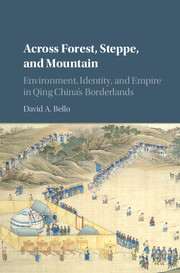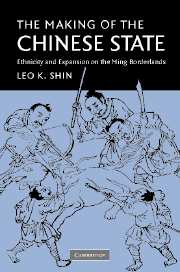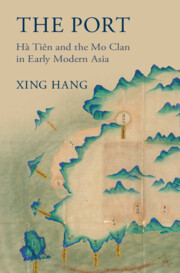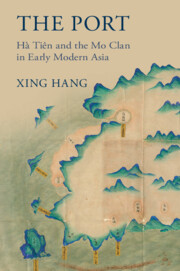Across Forest, Steppe, and Mountain
In this book, David Bello offers a new and radical interpretation of how China's last dynasty, the Qing (1644–1911), relied on the interrelationship between ecology and ethnicity to incorporate the country's far-flung borderlands into the dynasty's expanding empire. The dynasty tried to manage the sustainable survival and compatibility of discrete borderland ethnic regimes in Manchuria, Inner Mongolia, and Yunnan within a corporatist 'Han Chinese' imperial political order. This unprecedented imperial unification resulted in the great human and ecological diversity that exists today. Using natural science literature in conjunction with under-utilized and new sources in the Manchu language, Bello demonstrates how Qing expansion and consolidation of empire was dependent on a precise and intense manipulation of regional environmental relationships.
- Combines under-utilized and new sources in the Manchu language with natural science literature
- Complements a general professional and publishing trend in environmental history relating both to China and to global history of the early modern period
- Offers a new, radical interpretation of how China's last dynasty relied on the interrelationship between ecology and ethnicity to incorporate China's borderlands into its expanding empire
Reviews & endorsements
'David A. Bello's book is important, innovative, well written, exceptionally researched, and deserving of an audience that extends beyond scholars of late imperial (or early modern) China to those interested in environmental history, ethnicity, empires, and the dynamics of the early modern world … this book is fabulous, engaging, intriguing, and awe-inspiring.' Robert A. Marks, Whittier College, California
'This is a multifaceted work of original and significant scholarship, complementing a general professional and publishing trend in environmental history relating both to China and to global history of the early modern period.' Pamela Crossley, Dartmouth College
'David A. Bello's comparative study makes important new contributions to the field through its nuanced analysis on the roles of ecology in configuring, constraining, and confounding state programs of frontier control. Challenging steady-state theories, Bello portrays the eighteenth-century economic and demographic expansions on Qing borderlands after they came under unified administration as unsustainable and poorly managed intensification.' Xiuyu Wang, Environmental History
'Bello's meticulously researched and eloquently written book will certainly resonate for environmental historians, but the story that emerges from this remarkable piece of scholarship extends well beyond environmental history.' Hang Lin, Asian Affairs
Product details
February 2016Hardback
9781107068841
350 pages
235 × 158 × 25 mm
0.65kg
5 maps 9 tables
Available
Table of Contents
- Introduction
- 1. Qing fields in theory and practice
- 2. The nature of imperial foraging in the SAH basin
- 3. The nature of imperial pastoralism in southern Inner Mongolia
- 4. The nature of imperial indigenism in southwestern Yunnan
- 5. Borderland Hanspace in the nineteenth century
- 6. Qing environmentality.









